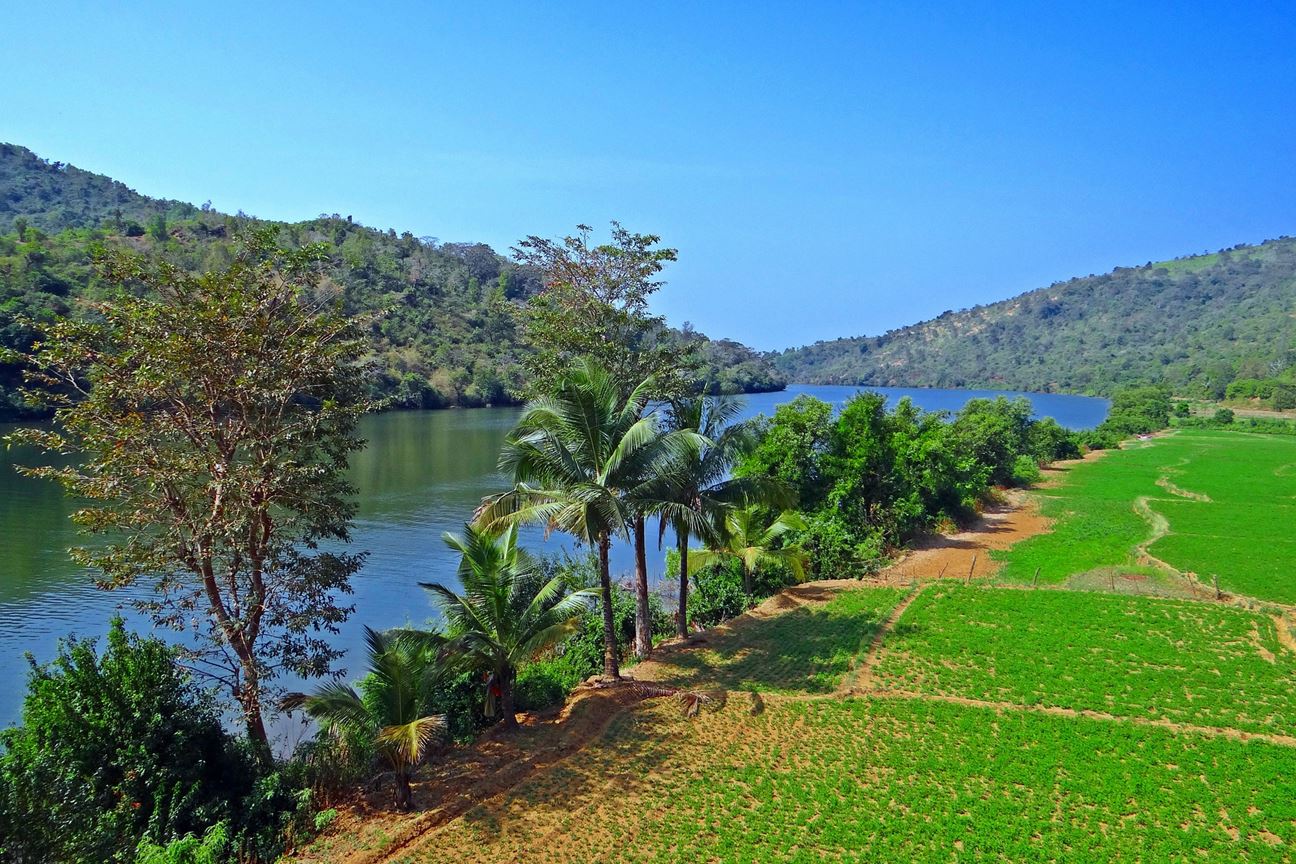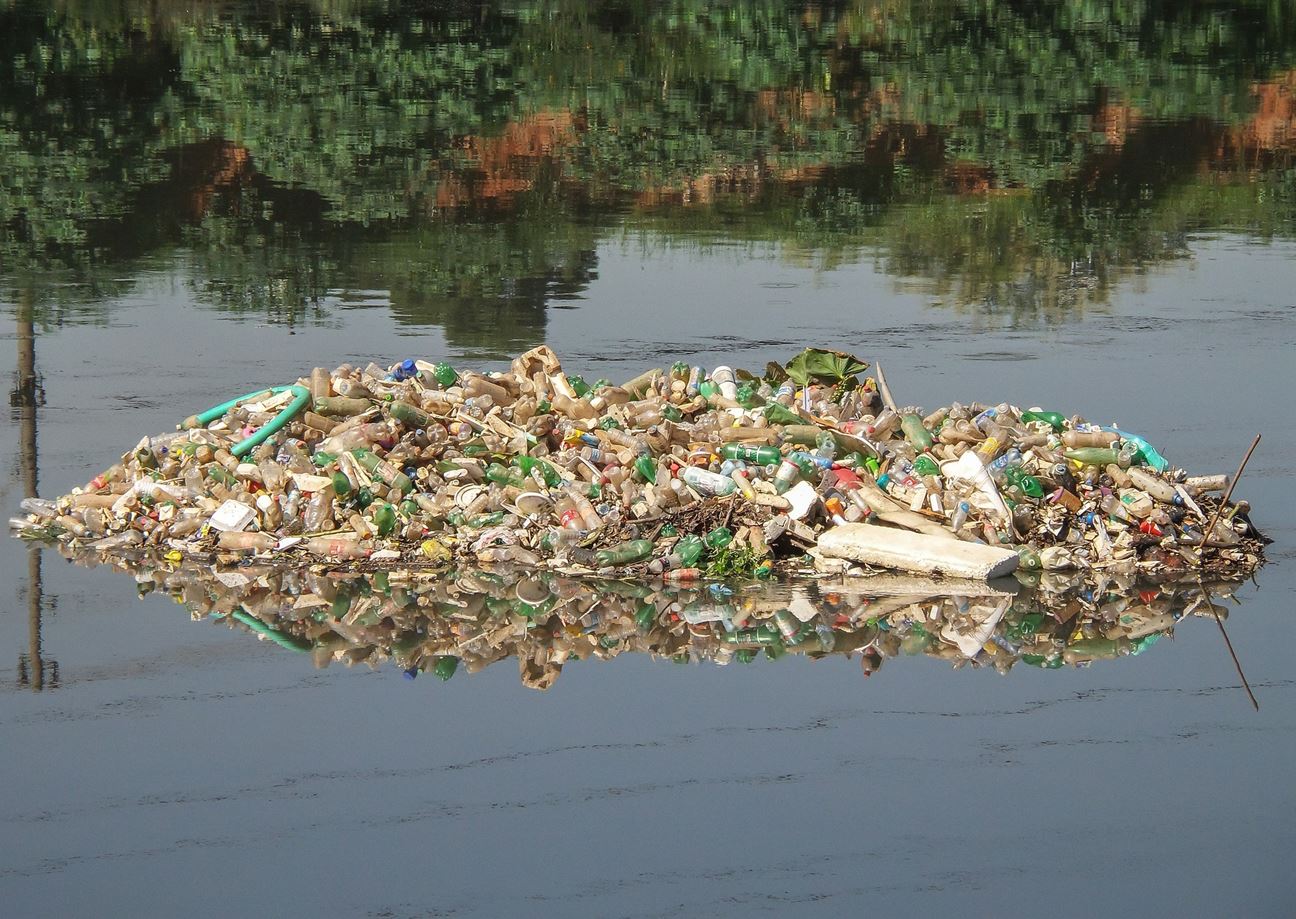Since 1993, 22 March has been designated as the World Water Day, which focuses on the importance of maintaining freshwater resources. Let's dive into facts and tips about saving this ecosystem!
Water covers almost 71% of the Earth's surface, out of which 97% is found in the oceans and only 3% is fresh. Even out of the 3%, 2.5% is unavailable, meaning it is inside the Earth's surface or locked up in glaciers. Hence, if you see, only 0.5% of earth's freshwater is accessible to us humans.

Freshwater is the only water resource option that can power our lives — be it for growing food, drinking water, or generating the energy we depend on. Agriculture uses the most amount of freshwater, which accounts for almost 70% of water abstractions. And the increase in population and consumption has increased the burden on the resources. That brings us to the fundamental concept of saving this finite resource as much as we can.
The Dangers Faced By Freshwater Habitats
Freshwater includes water that is naturally occurring and has very low concentrations of salts. Wetlands, rivers, lakes, streams, ponds, etc. are examples of freshwater habitats. They are home to a large proportion of the flora and fauna of the world — almost 50% of the known species of fish and 10% of the known animal species. India also boasts of a rich variety of freshwater ecosystems. The dependency on freshwater fish is also quite high. It affects the food security and livelihoods of several people. The lakes and rivers are used by fishers and traders more than they use oceans.

Unfortunately, factors like overpopulation, pollution, overexploitation, and climate degradation pose a huge threat to these habitats. Research has shown that freshwater species have been declining at a rate of 76%, which is the highest among marine or terrestrial species. Hence, these habitats are decreasing at a more alarming rate than coastal, forest, or grassland ecosystems. Another study declared that there has been an average decline of 84% in the population size since 1970 and 1 in 3 freshwater species are on the verge of extinction.
Not only does habitat destruction affect wildlife, but it also affects people. Freshwater also helps in the prevention of erosion, acts as a protection from flooding, and helps in disposing of waste. Over the last few years, there has been an increase in the frequency of floods and droughts and disruption of dams. It results in unsafe water, which has a negative impact on people relying on it.
It has become crucial to follow holistic and focused efforts to protect and restore freshwater ecosystems, which include habitats, biodiversities, and ecosystem processes.
How Can We Help?
- The foremost thing is to turn off the tap when not in use. Use water consciously while brushing your teeth, washing the dishes, and doing your chores.
- Whenever you're replacing old by buying new washing machines or dishwashers, look for water and energy-efficient models. Also, you can try to run them only when they are full to save water.
- Install low-flow faucets and showers that enable less water to come at once.
- Fix those leaks soon! Those small droplets can amount to the wastage of several gallons in a day.
These small things can make a significant difference if simultaneously done by millions!
A study noted that half of the world's population might live in areas of high water stress by 2030. The rise in need has made several organisations work towards initiatives that promote conservation and restoration. They initially focus on establishing protected areas, determining the key threats, charting out action plans, and taking long-lasting and continuous measures. It will also positively affect the thousands of people whose livelihood depends on it. There needs to be awareness about the need for better management of resources and conversation of the environment.
This World Water Day, let's pledge to do our part!